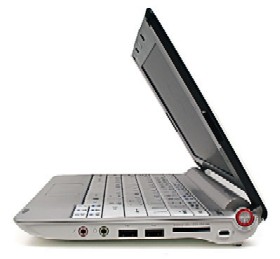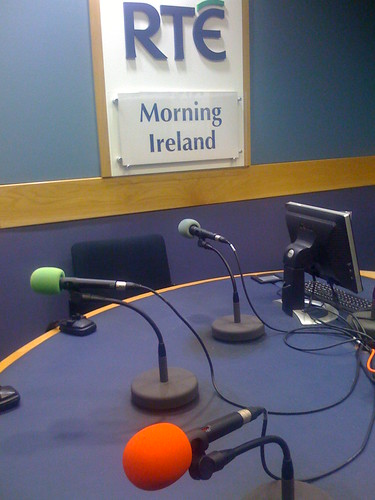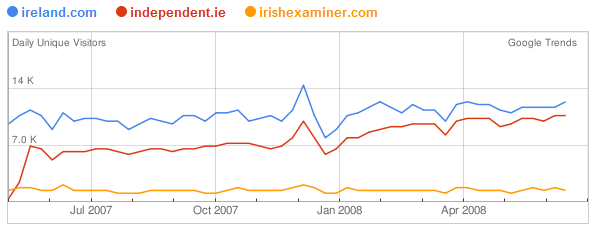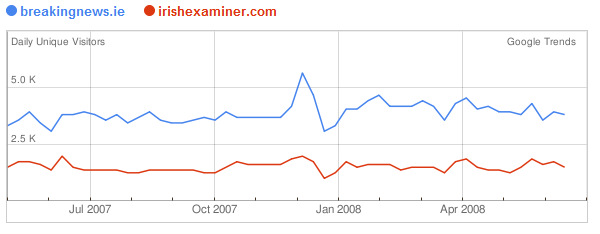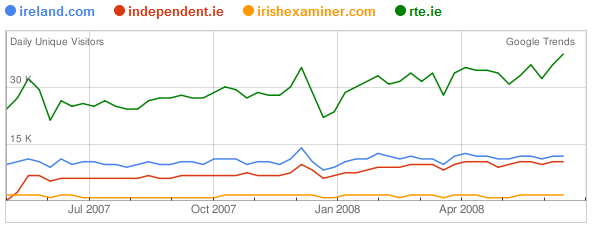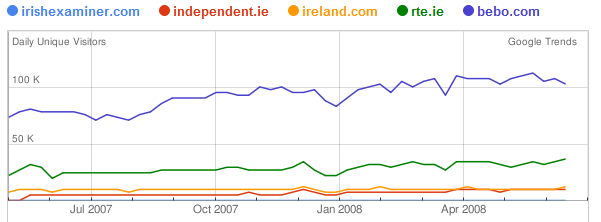I’ve already written some stuff on the media, including how to build relations with the press when running a lobby group, where to make contacts and how not to piss off journalists. I’ll now give my opinions on what to do once you get the call and get asked to give an interview. These are all my own and have worked for me. They are not definitive and I’m sure others would take a different tact when it comes to dealing with the media.Two main types of interviews are over the phone for a print or online journalist and the radio interview which will be done on the phone or in studio.
The most important thing about any interview is that you are prepared for it. If you put out a press release then you should already know your topic inside out. You should be expecting and be prepared for interviews well before the send button is pressed on that press release.
Interview preparation for print + radio:
Not to be obsessive about it, but if you are campaigning for something you should always be in a state of preparation and readiness. Always looking for new data sources, always reading as many views (pro and opposing) as you can. logging and storing everything that others are saying, looking for new surveys and reports and watching and learning how others campaign.

Photo owned by dan taylor (cc)
Read, read, read, read
The best way to be ready for an interview is to have a clue. Simple innit? The more you read, the more you’ll know your topic and the peripheral issues around your topic. Being too focused on one narrow area can handicap you when you need to relate your topic to the greater world so the basics of business and social areas should also be studied. If you’re not reading about your topic every day, something is wrong.
Cog, cog, cog, cog
When you’re reading something and you like the way a phrase sounds, cog it. If certain phrases sum up what you wanted to say more succintly, use them. Everything has been said before, the Internet will show that and it will also show you that there are always going to be those out there that can explain your own thoughts and campaigns better than you. Your job is to be an aggregator and editor as much as someone that can create catchy headlines. And I suppose not needing to reinvent the wheel is a phrase that does actually apply.
Have a crib sheet of soundbites + add to it
As well as your press releases, you should have an A4 crib sheet with soundbites to use. Have them typed out, not handwritten. Your handwriting sucks and you are used to printed word these days anyway. Who reads handscrawl anymore? All the cogging above should give you some nice soundbites. Now, the very clever folks will also have a crib sheet of soundbites those on the other side (if there is one) generally use so have counter soundbites to them. “The opposition may say that blah but naturally they forget to mention X”.
Say it out loud
Writing something out is all well and good but you need to be able to repeat what you say in a fluid manner when chatting to someone on the phone or going on-air. You should be reading out all your press releases, you need to have all your soundbites at the tip of your town. Consider the idea of muscle memory that athletes use and do the same when it comes to the soundbites and lists of facts. Make sure too to intonate the way you say things. Some things need to be said in a cold factual way and other things need a more emotional/pleading/playing to the crowd ring to them. Also while it shames me to say it, you may need to alert your accent and pronounciation. Your friends and colleagues alter the way they listen and comprehend you over time. They become used to the way you speak and vice-versa, you cannot afford to do that when you are interviewed by a journalist or go on air. That mid-Atlantic accent free voice is popular for a reason. I’m not saying you need to sound like Tony Blackbourn but try and neutralise your pronounciation of things. This is why saying things out loud is beneficial.
Have a list of potential questions they’ll ask
You’ll be getting sick of crib sheets now but when it comes to issuing a release you need to predict as many questions you’ll be asked as possible. Have at least twenty questions that you could be asked and make sure you have answers. Good answers. Answers that link to public sources of data, answers that close down an argument and answers that lead in to being asked questions you want to be asked.

Photo owned by Ctd 2005 (cc)
Being Interviewed on Radio
There are a few ways of being interviewed. There’s the pre-record or the live piece. You might be in-studio or on your phone at home or elsewhere. You might be on your own or they might have someone on to counter you or you on to counter someone else. Irish radio can be very much “He said, she said”. Local radio is very very important for getting the word out. The host of the show can be very accomodating if you come on because too many people snub the local radio stations and fail to see that local radio has a near monopoly in many areas and the hosts are quite influential. Just make sure you know a little bit about the locality before you go on. Making local references endears you more. Also you almost, almost have a free ride when you go on local stations.
Remember your soundbites
As above, have your soundbites well rehearsed. Don’t use just soundbites but you need some memorable lines that people can take away from the interview.
Know what the opposition will say, counter it, twist it, put them off balance
Again, have your cog sheet of what they will say and have the counters for them. If they’re not expecting your counters then you can throw them in their interview and have them on the backstep easy enough. It’s not enough to understand what you’re on for but how the opposition see things and how they’ll react to new information you put at them. Predict what they’ll do and have counters for that too.
If on own, host is devil’s advocate
A lot of the time if you come on and you’re on your own, just with the host then he or she will decide for balance they’ll be the Devil’s advocate. Be ready for that. There is a stonger predeliction for the national stations to do this than the locals.
It’s all in the first two minutes on radio/TV
That’s what it comes down to. At the start of an interview you are lined up and allowed to go off and say what you want to say before you are stopped. These are the golden minutes or minute. While not trying to freak you out, you need to line up your ducks and shoot them in this time. Explain your issue, the background and your solution or explain in everyday terms the basis of your argument. You are giving a sales pitch to an audience not just people in the studio.
Practice with people before
You need to practice and as mentioned earlier you need to speak out loud. This gets your timing right to get all the information in to the golden minutes. You will need people to act as a radio host and as the opposition. Even have really difficult opponents who give you a hard time to you can easier deal with head to heads when they do happen.

Photo owned by JasperYue (cc)
Tape yourself
Sounds odd but listen to how you say things and how you react and find weaknesses or areas you need to improve on. If you don’t and you are campaigning against a pro they’ll no doubt be finding your weak points which they’ll exploit. It will also be a nice way of documenting how you are getting better over time.
Know your message – 3 points at most with 3 examples
Have 3 examples for each point you want to make in the interview. 3 points at most. Make them natural, put a person into the “anecdote†that you use. You are selling to people who will feel. Stats are cold. Give them an image of a person. “There go I but for the grace of god” type imagery. Pat Phelan’s Paddy Tax campaign is a great example. It was told in terms of general consumers and the folks on the other side of the border were compared to us.
Never say “Yes†never say “Noâ€
Run with the ball until it’s taken back. If you are given the opportunity then grasp it and be selfish, this is you talking to a mass audience, not just the presenter, not just replying to the person on the other side of the table. Remember that. Keep going and talking until they tell you to shut up, basically. Always talk as much as you can. Never give “yes” or “no” answers. The radio presenter has a tough enough job interviewing up to a dozen people per show. Having to tease every answer from you will piss them off and you might not get asked to come back.
It’s always better to say “Yes, but …†rather than “Noâ€! or “I think you’ll findâ€, “What is more importantâ€, “The question to ask is†etc.
Question: “Yes or no, did you have sexual relations with that woman?†Answer: “Matt, I think the more important question here is whetherâ€

Photo owned by Neeta Lind (cc)
The start is the end is the beginning
The start: Line up the points, get them out there, have a strong opening.
If you are on second and are asked to rebut a point when you come on do, once you get your own point made too. “I’ll get to that but first the background†Get your main point across. That’s what you’re there for. The end: Go back to the start. Your main point. Try and get that last word.
